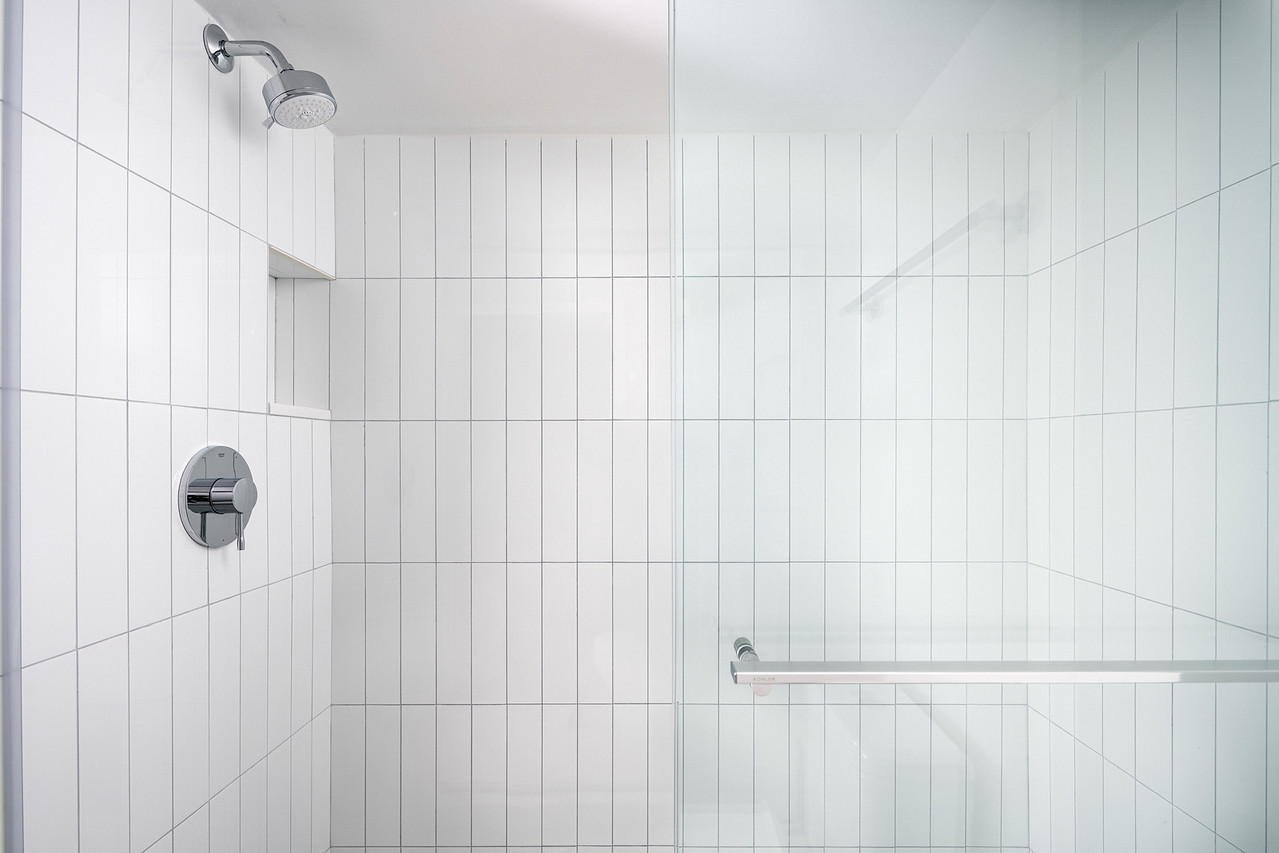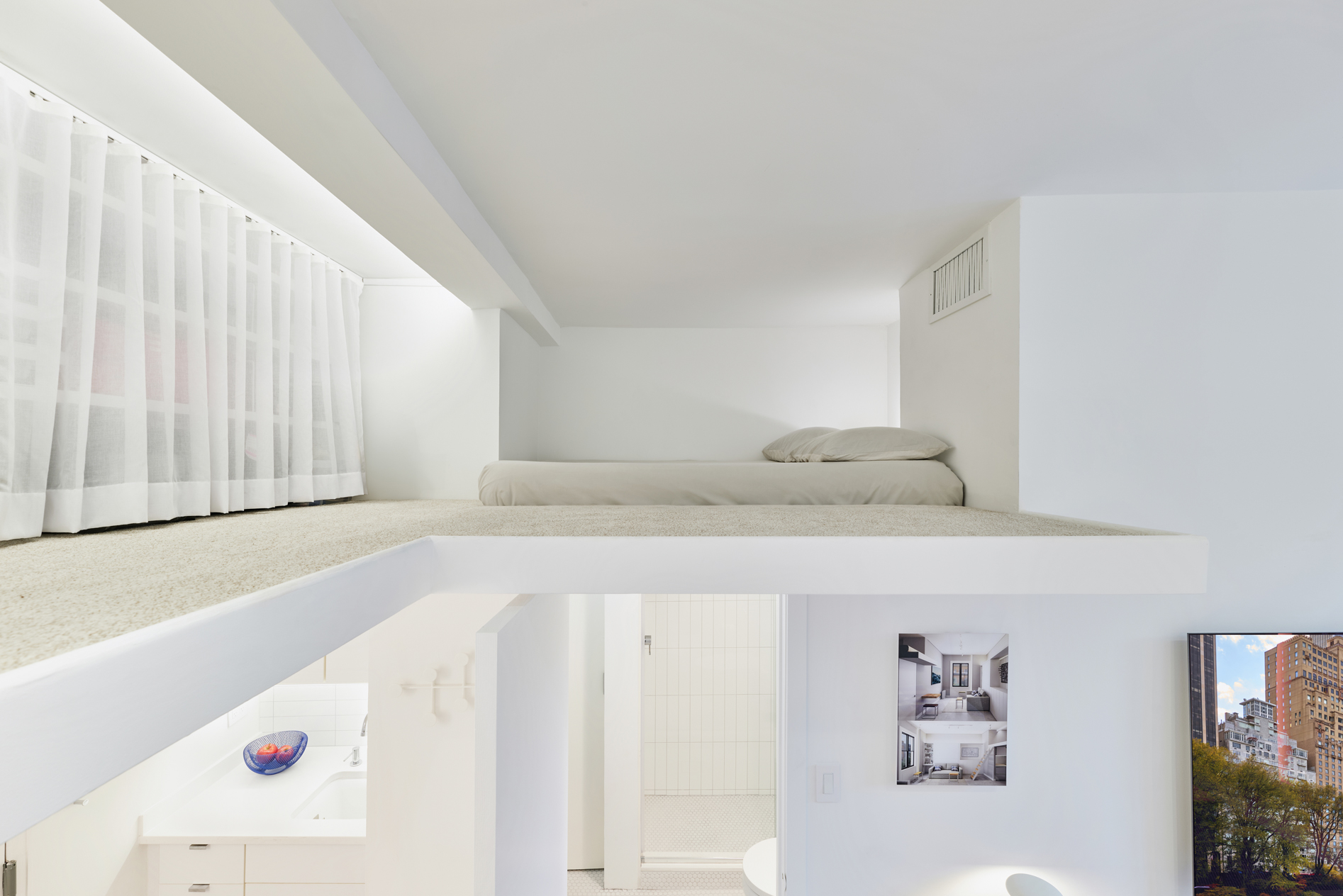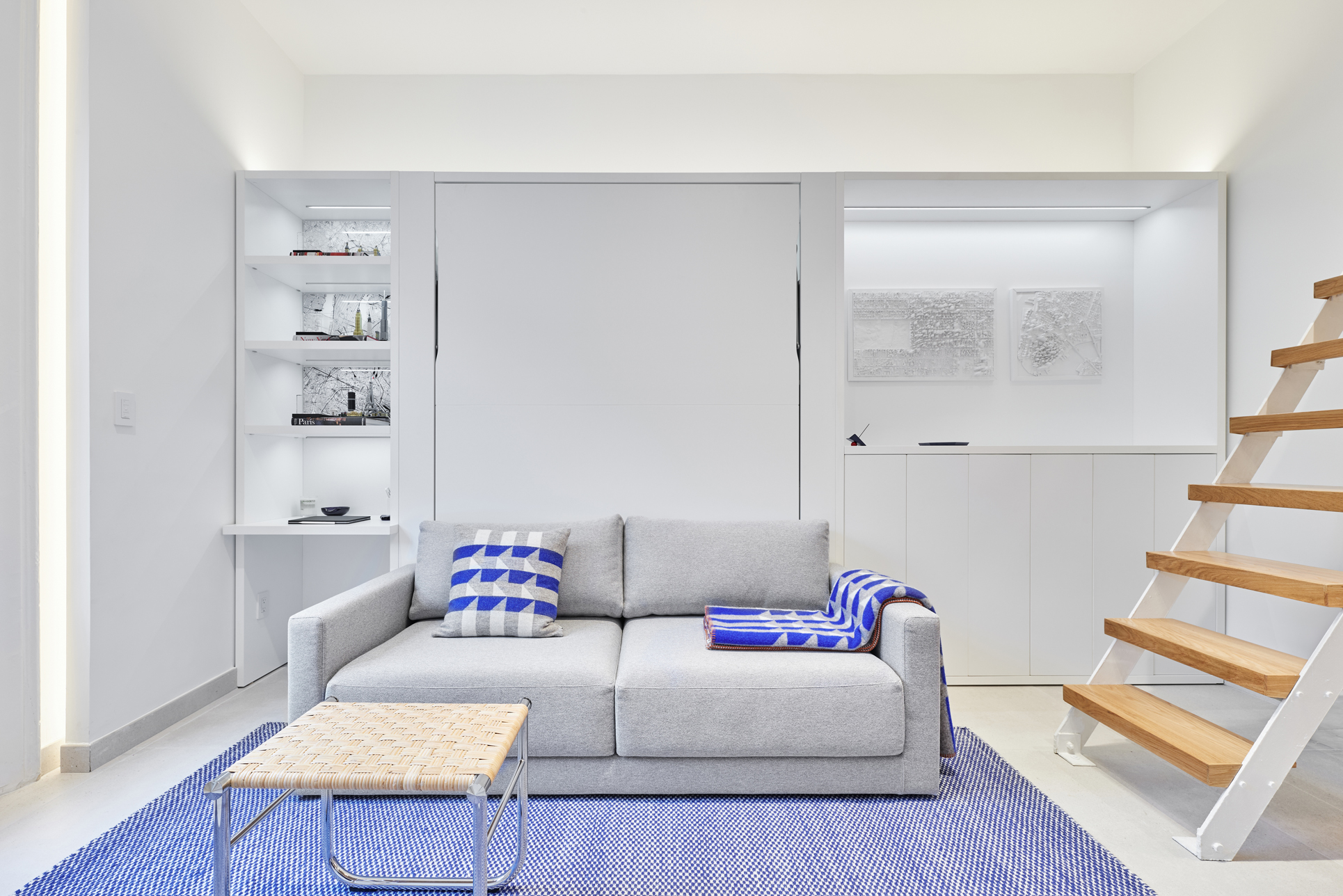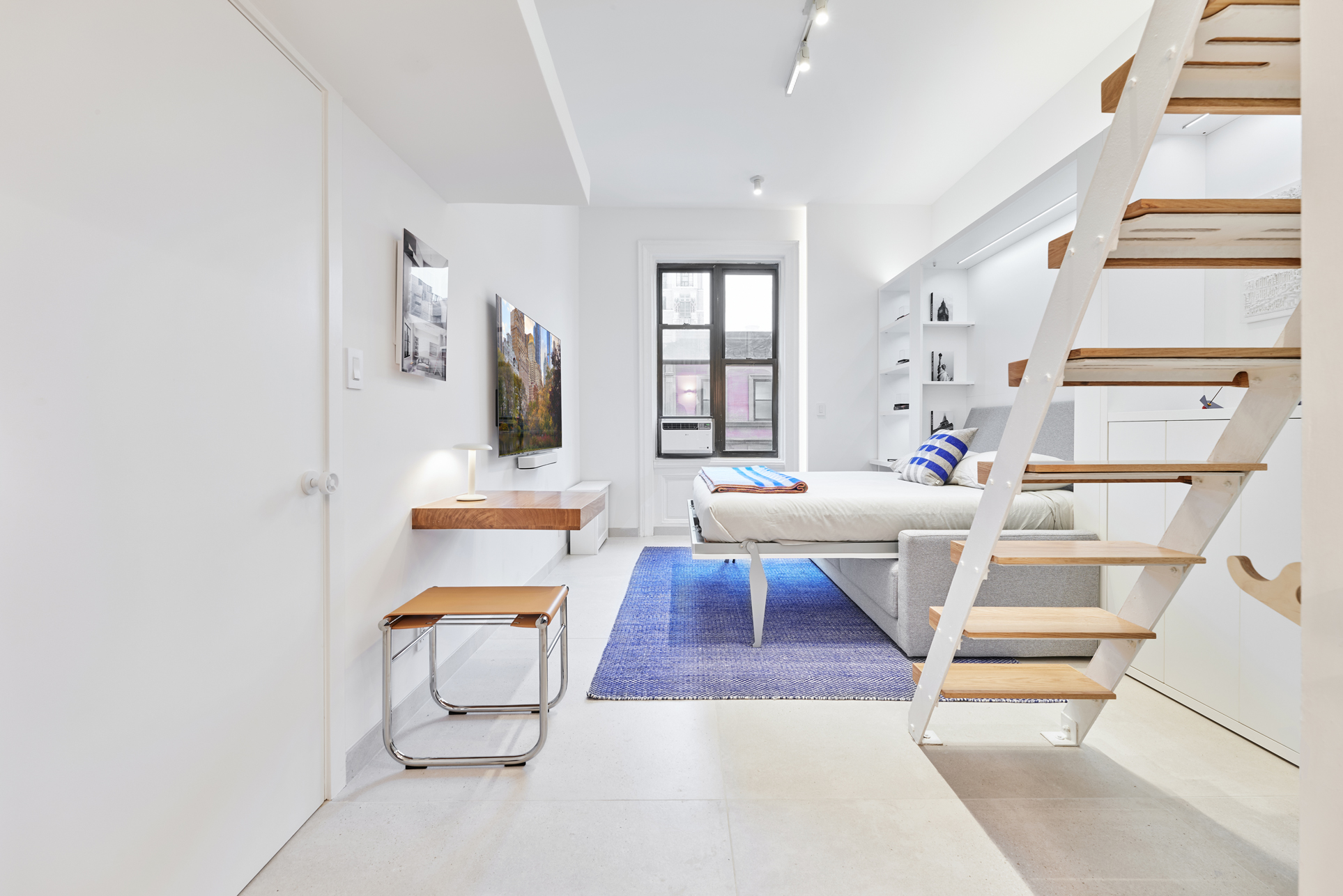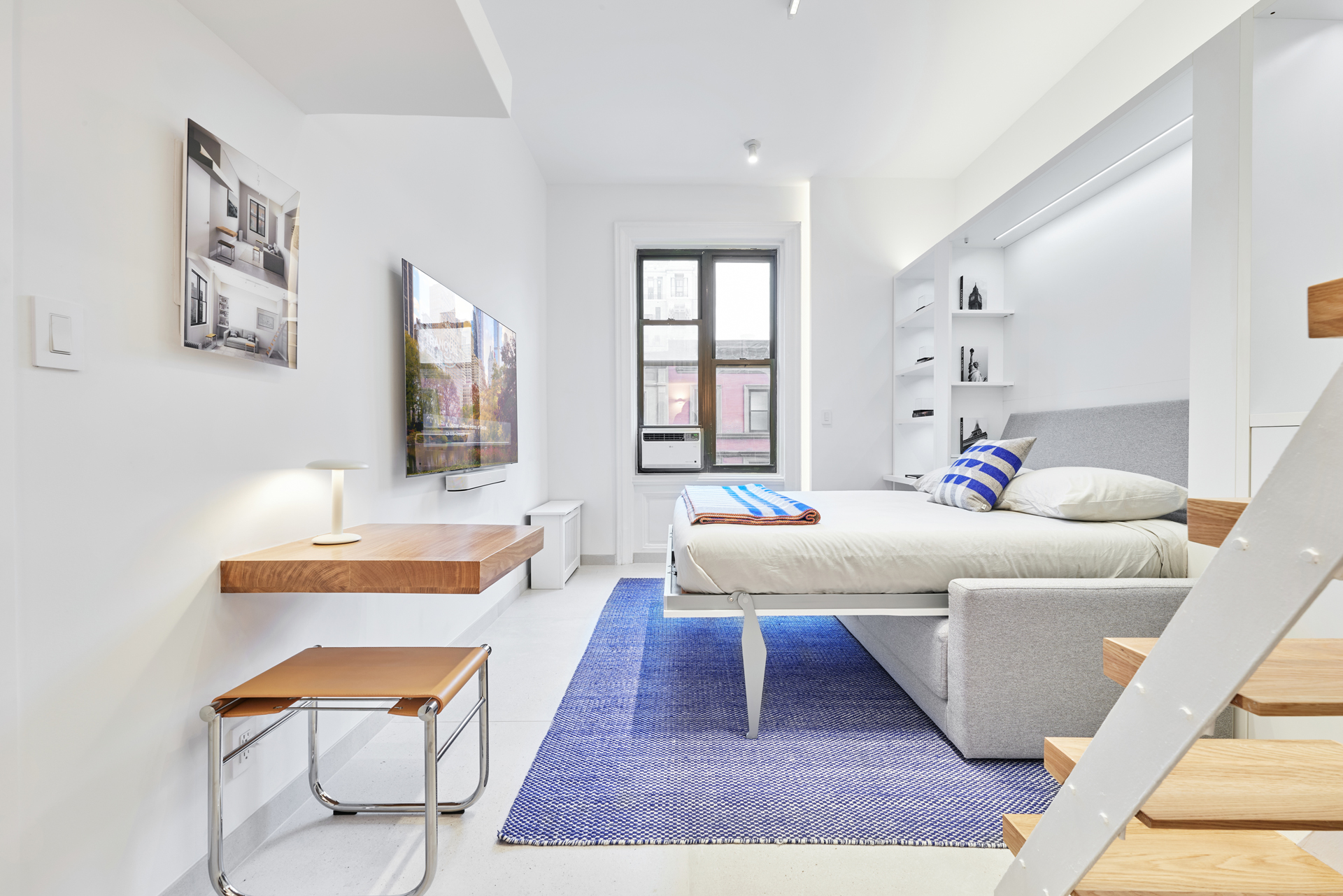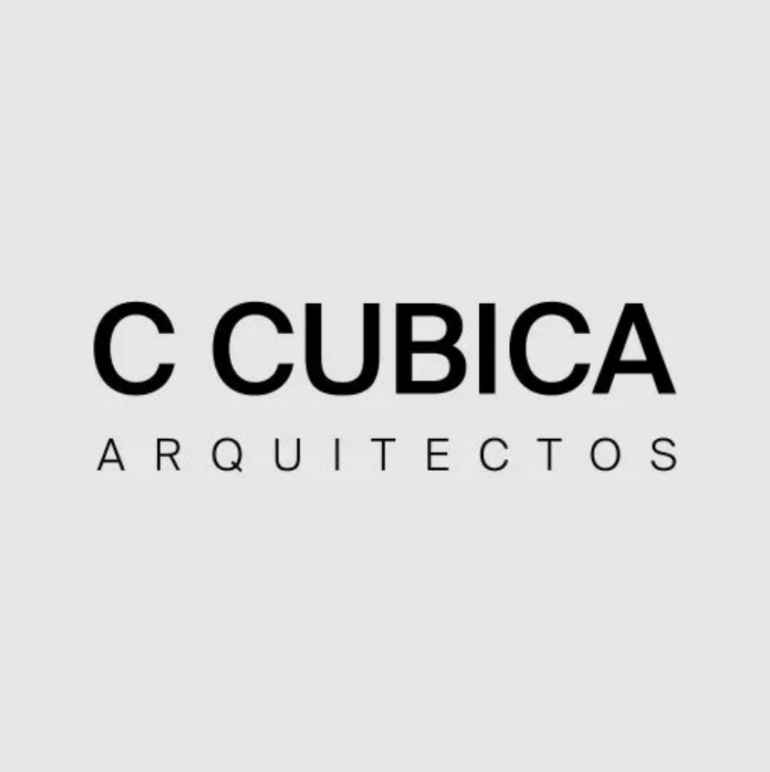NYC Micro Living


Architect / Designer:
Studio:
Design Team:
Construction: CHAPTER Renovations; Eli Moyal, Rubi Chalouh, Senna Oppermann.
Founding vision
Chapter emerged from the shared vision of its founders, who both hail from extensive backgrounds in real estate development and construction. Through their firsthand experiences with the renovation process across various locations, they encountered the common pain points faced by clients. Recognizing the inefficiencies and communication breakdowns, they envisioned a more streamlined and client-centric approach.
The creation of Chapter
Our vision led to the creation of Chapter—a design-build company that revolutionizes the way renovations are conducted. By consolidating all stakeholders into a single entity, Chapter seamlessly manages the renovation journey from conception to execution. This integrated model eliminates miscommunication and enhances efficiency.
Copyright:
Country:
In the bustling and historically rich Upper West Side of New York City, a remarkable transformation has occurred within the confines of a 375 sq ft studio located in a pre-war co-op building. This renovation project has redefined the possibilities of micro-living, achieving a delicate balance between aesthetics, functionality, and sustainability.
The primary challenge was to accommodate a comprehensive program within this compact space. The design needed to integrate a foyer, living room, dining area, kitchenette, bedroom, small office space, bathroom, and a mini loft with closet space and a small sleeping area. This ambitious undertaking was guided by a philosophy that prioritizes flexibility and efficiency.
One of the standout features of this renovation is the seamless transformation of the living room into a bedroom at night. This is achieved through an efficient custom design that includes a wall bed, desk, shelves, closet, and a niche that doubles as a lighting element. These multifunctional elements were meticulously crafted to occupy minimal space while maximizing utility. The wall bed, for instance, folds away effortlessly, revealing a stylish living area by day and a comfortable bedroom by night. The desk and shelves are integrated into the wall, providing ample storage and workspace without encroaching on the room’s footprint. The niche, designed as a lighting element, adds a touch of modern elegance while serving a practical purpose.
Sustainability and affordability were central to the design and construction process. Efficient and recycled materials were chosen to minimize environmental impact and reduce costs. The selection of properly scaled kitchen appliances and bathroom fixtures further contributed to the project’s cost-effectiveness and sustainability. For instance, the kitchenette features compact yet high-performance appliances that are energy-efficient and space-saving. The bathroom is equipped with a faucet and WC designed for minimal water usage without compromising on functionality.
A neutral palette of colors was selected to enhance the sense of space and harmony within the studio. Light tones of white, beige, and soft grays create an airy and open feel, making the small space appear larger than it is. This color scheme, combined with strategic lighting, adds to the studio’s inviting and tranquil ambiance. Large windows allow natural light to flood the space, further enhancing its open and airy feel.
This project sets a precedent for future renovations in co-op buildings around the city. It offers a practical example of how to maximize functionality and aesthetics in limited spaces, making it a valuable reference for architects, designers, and urban planners. By showcasing how strategic design can transform small spaces into functional and inviting homes, this project provides a beacon of hope for urban dwellers facing the challenges of high living costs and limited space.
C CUBICA Arquitectos
C Cubica Arquitectos, a multi-disciplinary architectural design practice based in Mexico City since 1990, works both nationally and internationally, providing urban planning, architecture, restoration, and design. C Cubica also leads and organizes Design Week Mexico (DWM) since 2008 and Mexico Territorio Creativo, initiatives that promote national design globally. DWM achieved the sixth World Design Capital designation, making Mexico City the first city from the Americas to receive this title in 2018. Each year, DWM features a guest country, fostering cultural exchange through lectures, workshops, and exhibitions. Past participants include the United States, Great Britain, Italy, Germany, Switzerland, and Brazil. DWM aims to position Mexico as a model for other megacities, using design to address urbanization challenges and ensure a more livable city through collaboration with local governments, universities, and museums.


